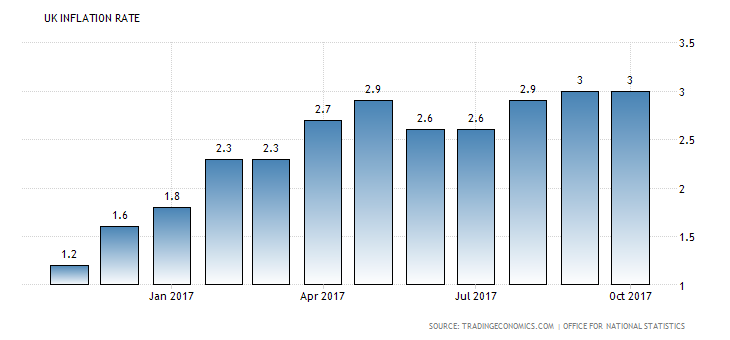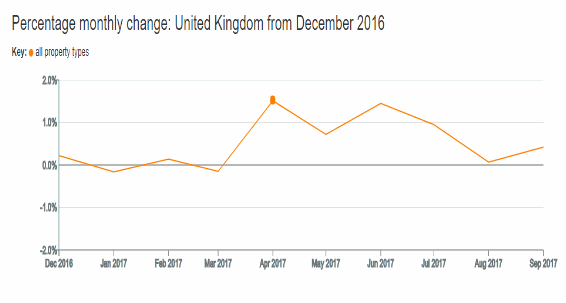In a result that surprised many, the vote on June 23 2016 resulted in a decision for Britain to leave the European Union, infamously called “Brexit”.
The impact of the Brexit decision has been much debated, with many economists stating that the UK economy would be harmed by a decision to leave, whether that’s through a loss of cheap labour that powers the fruit picking industry or the restriction of movement for those in the Square Mile.
Unfortunately, one of the biggest challenges with determining how the economy is performing is the ‘lag’ between the economic data being collected and the data being analysed and reported on. Take GDP growth for instance, which usually reports on the performance of the past three months.
The financial markets on the other hand, often have an almost immediate reaction to political crisis’, and indeed fluctuations in Sterling have certainly occurred since the Brexit vote. But the financial markets don’t always accurately reflect the state of a national economy.
Instead, the estate agent YOPA decided to check how house prices were doing in the wake of the Brexit vote, and the results are somewhat surprising. First, they collected and aggregated industry predictions in January 2017, and then created a Brexit house price widget to track how these predictions would correlate with the actual house price changes throughout the year.
The reasoning behind creating this widget was that property prices are a good barometer of how an economy is performing, mainly because they closely correlate with consumer confidence in the economy. If you can’t afford a house, you don’t buy one. If you can’t get your sales price, you lower it. This may be a very simplistic view of it, but it broadly holds true.
The industry expert predictions estimated a total gain in house prices of 1.2% throughout 2017. With annual inflation at 1.6% in December 2016 this would have been significantly below the inflation rate. Where typically house prices have significantly outpaced inflation. So, due to various concerns about how the economy would fare and the uncertainty surrounding the Brexit negotiation process meant that these experts were generally producing significantly lower figures. As the figure below shows inflation has almost doubled since December 2016 hovering around 3% now.
Yet, what happened to Real Estate was unexpected: house prices over the past 10 months have risen significantly – to the tune of 5.2%, according to Land Registry values. While there was an initial dip, house prices surged after April, and they kept on rising. A property worth £200,000 in January could well be worth more than £210,000 today.
Brexit prices: Encouraging or not encouraging?
Unfortunately, it’s hard to say whether this is symptomatic of the overall economy. The significant devaluation of the currency has made it easier for people overseas to buy houses, as their money is worth a lot more, and this is particularly true of London.
With talks currently stalled and the overall negotiating position unclear, investing in housing is likely to be a cautious process for the next few years as we wait to see how Brexit pans out.
You might also like:


